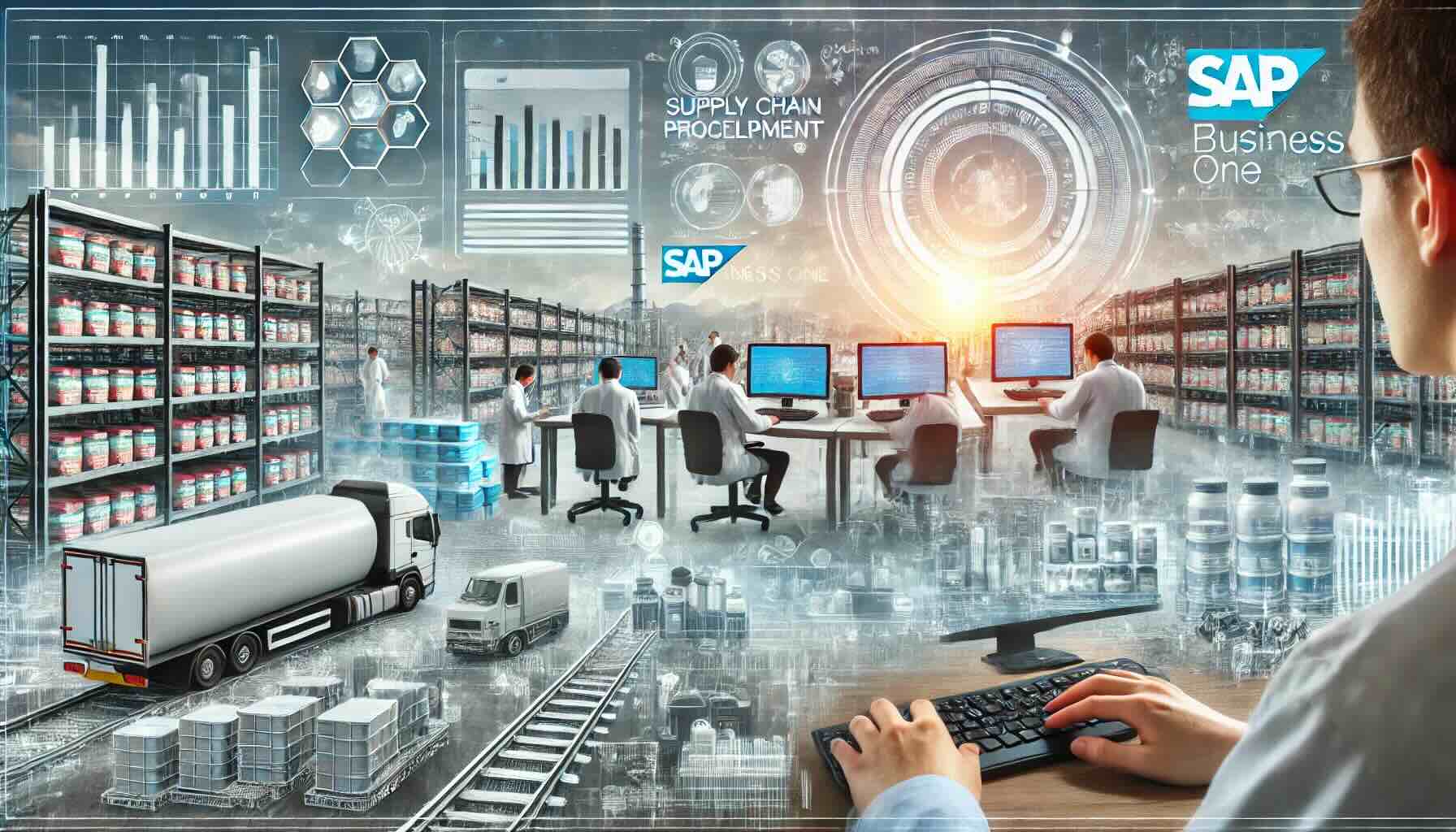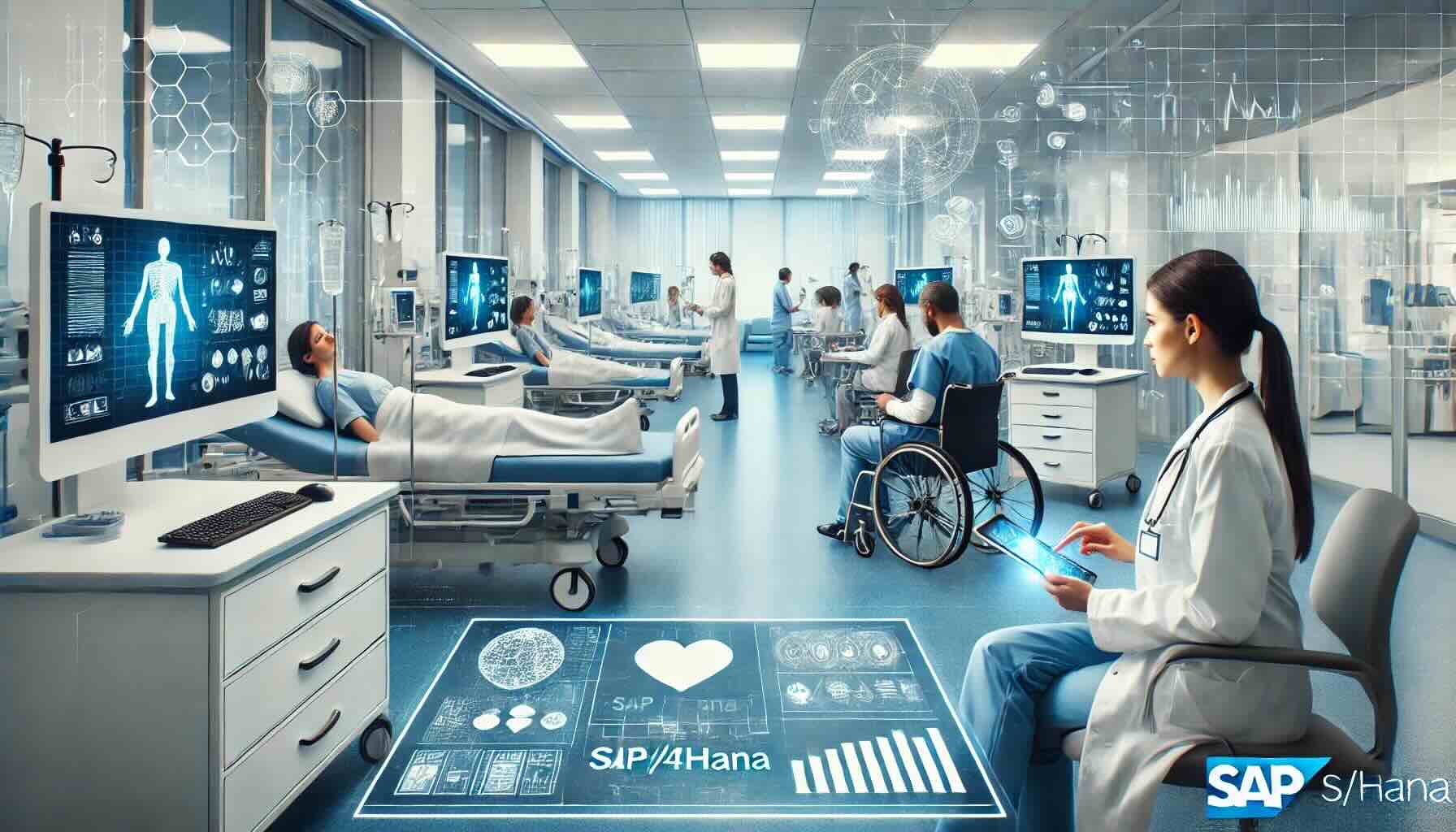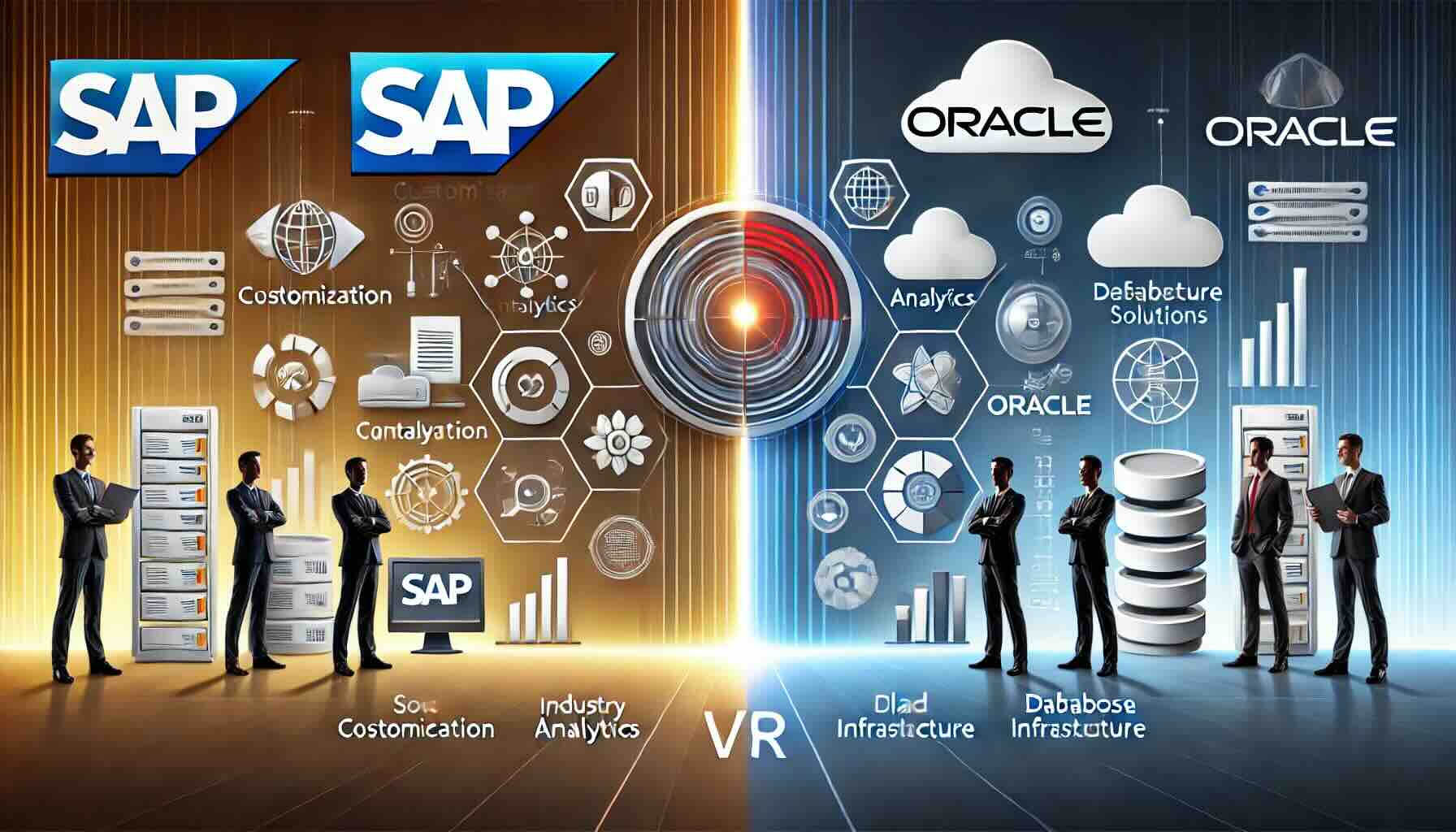Is SAP Business One a Good Choice for Life Sciences and Pharmaceuticals?

In the highly regulated and fast-paced world of life sciences and pharmaceuticals, companies must constantly adapt to changing regulations, manage complex supply chains, and innovate while maintaining compliance. Enterprise Resource Planning (ERP) systems have become indispensable tools for organizations seeking to streamline their operations, ensure regulatory compliance, and drive growth. SAP Business One, an ERP solution tailored for small and medium-sized businesses, is increasingly being considered by life sciences and pharmaceutical companies. But is it the right choice?
This article delves into the unique needs of the life sciences and pharmaceutical industries and evaluates how well SAP Business One meets those requirements.
Understanding the Needs of Life Sciences and Pharmaceuticals
The life sciences and pharmaceutical sectors face several unique challenges:
- Regulatory Compliance: Companies in these industries must adhere to strict regulations, such as the FDA’s Current Good Manufacturing Practices (cGMP), ISO standards, and other national and international requirements. Compliance is non-negotiable, and failure to meet these standards can lead to hefty fines, product recalls, and reputational damage.
- Supply Chain Complexity: Managing complex supply chains that include multiple vendors, raw materials, active pharmaceutical ingredients (APIs), and intermediaries is critical. Ensuring traceability and transparency is key to both quality control and compliance.
- Product Lifecycle Management (PLM): Pharmaceutical companies must manage a product’s entire lifecycle, from research and development (R&D) through clinical trials, manufacturing, distribution, and post-market surveillance.
- Data Integrity and Security: Given the sensitivity of research, patient data, and manufacturing processes, maintaining data integrity and security is paramount. The data must also be available for audits at any given time.
- Cost Control and Scalability: As with any industry, life sciences and pharmaceutical companies must balance cost control with the ability to scale quickly in response to market demands.
Given these challenges, any ERP system implemented in this sector must be robust, highly configurable, and capable of addressing industry-specific needs. Let’s evaluate whether SAP Business One for life sciences and pharmaceuticals is up to the task.
Key Features of SAP Business One for Life Sciences and Pharmaceuticals
SAP Business One is designed to meet the needs of small and medium-sized businesses (SMBs), offering a flexible, cost-effective ERP solution. When tailored to the life sciences and pharmaceutical industries, it brings several critical features to the table:
1. Regulatory Compliance Management
SAP Business One offers built-in compliance features and tools to help companies in the life sciences and pharmaceutical industries manage regulatory requirements. It supports electronic signatures, audit trails, and document management, ensuring companies can meet regulatory mandates like cGMP, GxP, and other standards. The software’s ability to maintain a full history of transactions and document changes also aids in audits, reducing the risk of non-compliance.
2. Traceability and Batch Management
Traceability is vital in the pharmaceutical industry to ensure product quality and patient safety. SAP Business One provides advanced batch and serial number management, allowing for full tracking and traceability of products from raw materials through to final distribution. This functionality ensures that, in the event of a product recall, companies can quickly trace the source of an issue and take corrective action.
3. Quality Control
Maintaining product quality is critical in pharmaceuticals. SAP Business One includes quality control features that allow companies to define quality inspection parameters at various stages of production, ensuring that only products that meet stringent quality standards reach the market. The system also supports deviation tracking and corrective actions, which are essential for maintaining compliance with regulatory requirements.
4. Supply Chain Management
SAP Business One streamlines supply chain management by offering real-time insights into inventory levels, supplier performance, and production schedules. Its ability to manage multi-level bills of materials (BOMs), purchase orders, and production planning helps ensure that companies can optimize their supply chains, reduce waste, and avoid production bottlenecks. This level of visibility is essential in industries where the timely availability of raw materials is critical.
5. Product Lifecycle Management (PLM)
For pharmaceutical companies, managing the entire lifecycle of a product is crucial. SAP Business One can integrate with specialized PLM tools to provide a comprehensive solution for managing R&D, clinical trials, regulatory submissions, and product recalls. This integration ensures that companies can manage the entire process from concept to market, with all data stored in a centralized system for easy access and reporting.
6. Scalability and Flexibility
SAP Business One is highly scalable, making it a good fit for companies looking to grow. Its modular design allows businesses to start with the core functionalities they need and add more features as their operations expand. For pharmaceutical companies, this flexibility ensures that they can quickly scale to meet demand while keeping costs under control.
7. Data Security and Integrity
Given the critical importance of data integrity in life sciences, SAP Business One offers robust data security features. It provides role-based access controls, ensuring that only authorized personnel can access sensitive information. The system also supports data encryption and ensures compliance with international data privacy laws like GDPR.
Benefits of SAP Business One for Life Sciences and Pharmaceuticals
- Cost-Effective: SAP Business One is a more affordable ERP solution compared to larger systems like SAP S/4HANA, making it a suitable choice for small and medium-sized companies that still need enterprise-grade functionality.
- Regulatory Compliance Support: The platform helps businesses meet regulatory requirements, minimizing the risk of non-compliance and ensuring that companies can operate without interruptions due to regulatory issues.
- Comprehensive Integration: SAP Business One integrates with a wide range of third-party tools and industry-specific applications, enabling companies to tailor the solution to their unique needs.
- Enhanced Efficiency: The automation of manual processes and real-time insights into critical business operations enable companies to improve efficiency and reduce operational costs.
- Scalability: As a business grows, SAP Business One can scale with it, ensuring that the company does not outgrow its ERP solution.
Potential Limitations of SAP Business One
While SAP Business One offers numerous advantages, there are some potential limitations:
- Customization Needs: Some life sciences and pharmaceutical companies may find that SAP Business One requires significant customization to meet their specific industry needs.
- Limited Advanced Features: Larger pharmaceutical companies may require more advanced features available in higher-tier ERP systems like SAP S/4HANA, especially for managing highly complex global operations.
- Implementation Complexity: While SAP Business One is designed for SMBs, implementing an ERP in a highly regulated industry still requires careful planning and resources.
Conclusion
SAP Business One is a strong contender for life sciences and pharmaceutical companies, especially those in the SMB segment. It offers key features such as compliance management, traceability, quality control, and supply chain management that are essential for operating in this regulated industry. For companies seeking a cost-effective, scalable, and flexible ERP solution, SAP Business One for life sciences and pharmaceuticals provides a solid foundation. However, for larger enterprises with more complex needs, more advanced solutions like SAP S/4HANA might be necessary.
Ultimately, the decision will depend on the specific needs of the business, but SAP Business One presents a viable option for companies looking to streamline their operations while maintaining compliance and scalability. Click this link to find out more about SAP Business One.
To compare SAP Business One with 100s of other ERP solutions, you can use our new AI-powered Compare ERP tool. It’s free to use and you get a guaranteed discount on your first year’s licence fees with a referral from Compare ERP.









